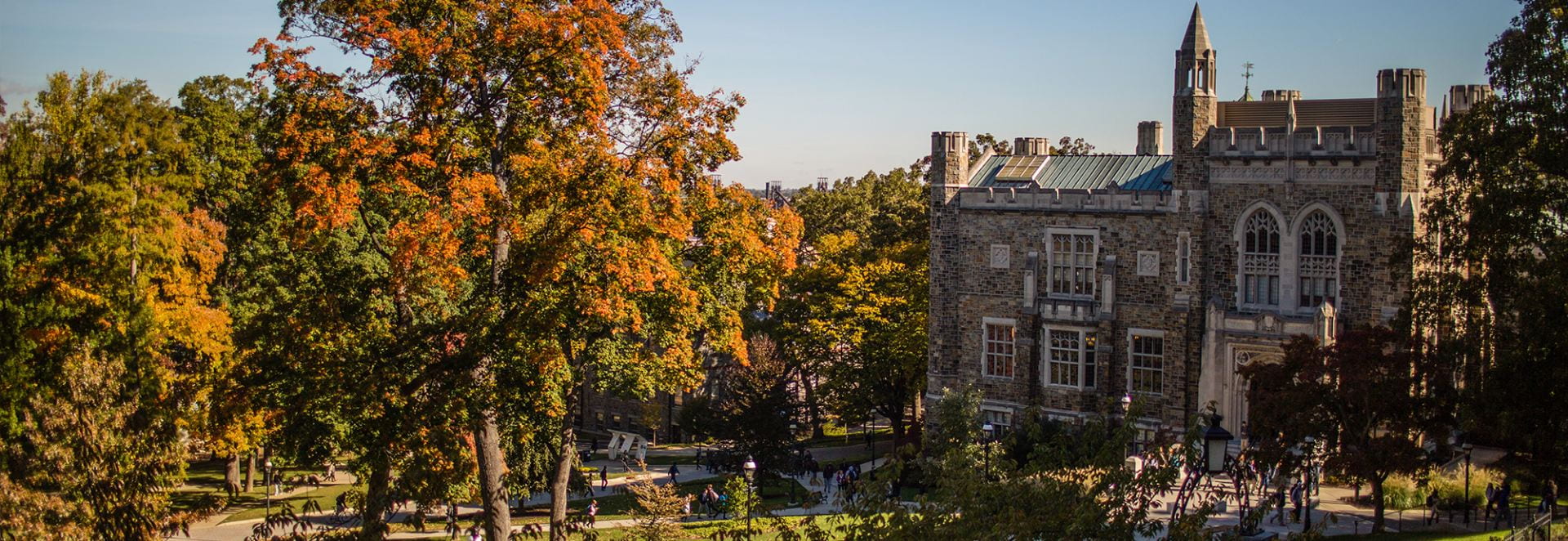GSIF Fieldwork Lessons Learned:
1. Ethics of interview/documentary work: I learned a lot about consent – specifically how it is not black and white. Someone may say “yes” to an interview but we also must be aware of power dynamics and other structures that might make someone say yes but not truly want to say it. For example, we would ask doctors and nurses if any of their patients would speak with us, and they would go force a woman to interview with us. Instead, we should have made sure to ask the women directly to avoid this.
2. Never assume: Different cultures/peoples think and respond differently. I learned never to assume what people mean. For example, CHOs often told us “no maternal deaths occur here.” We assumed they were hiding something or lying. However, it’s possible that they were just answering the question very literally – maternal deaths do not occur here, meaning at the clinic.
3. Leadership doesn’t mean control: I struggled personally with the team dynamic, and finding a middle ground between having control and being passive. Ultimately, I learned that a good leader facilitates balance and rhythm within the team.
Professional Development:
1. Film skills: I learned a lot about light, contrast, composition, and filming in really difficult and distracting circumstances. I plan on continuing film work in some capacity, so this has been a really valuable experience for me.
2. Ethical decision making: I learned about ethics through our interviews, but also through filming. It was interesting to see the differences between filming in the states vs. Sierra Leone, and especially the differences between organizations/hospitals in SL vs. local villages or clinics.
3. Learned how to ask questions: This is an important skill to me not only as a filmmaker but as an English major. I’m more confident in articulating my research questions. It also helped me be adaptable and able to conduct an interview on the spot without any preparation.
Personal Growth:
1. Separate personal from professional: I found it very hard to disconnect emotionally from this work. I view this as both a strength and a weakness because it means I care about the issue a lot, but it also meant my emotions sometimes got in the way of the work. By the end of the trip I found ways to focus more on the task at hand and not let my feelings interfere.
2. Learned not to impose western beliefs/biases: I gained a greater understanding of a different culture and way of life. I learned how to be aware and conscious of this cultural divide.
3. Working with a team: There were initially some difficulties figuring out our “roles” but by the end, I learned a lot about the importance of trust and balance. I feel much better equipped to work on a production team, or any team, in the future.

Hi Grace,
Good insights – you make great points about how assumptions can differ from reality in important ways regarding consent and cultural differences. The more you can connect to a specific detailed example as you did with the example of the CHOs reporting “no maternal deaths here” the better. Also, be sure to go beyond why new lessons are interesting to discuss how they are impactful for your work on the project. Overall, good work and good variety of points.
-Lauren